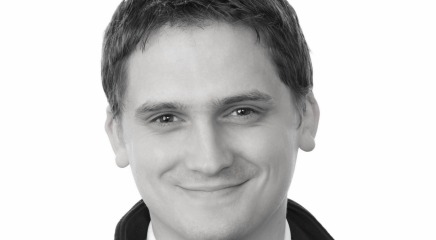Simon Alsbury
Simon Alsbury
Bedfordshire, UK
My approach to sustainability really comes from two main parts of my childhood. The first part was that I used to spend most of my holidays at my grandparents’ house in the Lake District (it’s beautiful, tucked away between Rydal and Grasmere), and this gave me a huge love of nature/wildlife. The second part came from volunteering late in my high school years/at sixth form, where a few of the leaders of the groups I was involved in helped me to understand the challenges we face in the world today. There wasn’t really one particular moment, but the closest to a moment was at Sixth Form when I first got involved in the Student Council, in the first meeting (some of the conversations changed my view on the world), and from then on this area has been my “work” focus in life.
I run (and own) an energy and carbon management consultancy (Energise) which started in 2008 and from there we have grown year on year and we are now making a big difference day to day. Last year (2015) we provided energy saving plans for the whole of over 90 businesses/organisations which outlined how they could collectively reduce their carbon footprint by 207,000 tonnes a year (a tangible difference). I like to make climate change make sense in numbers and make the economics stack up to our clients (the average plan last year would deliver £500k a year saving implemented).
The modern world we live in has a huge paradox around being “joined up”, we have all of this technology which should connect us, but the world seems so disconnected (socially, economically, morally) and for me changing that is the way forward. That needs political decisions which make sense, a social shift, changes to the way our economy works and a shift in the world to accepting that having a clear set of socially responsible morals is a good thing, and that acting on them is even better. The underlying issue behind all of this/”the biggest obstacle” is a joined up approach (be that individually or collectively).
